“Benefits include improved respiration, circulation, balance, metabolism, muscle strength and agility.“
It may seem more like play than therapy, but equine-assisted activities can help those with physical and mental disabilities. While there is little controlled research on the subject, physical therapists progress notes, as well as reports from physicians, teachers, and parents testify to its benefits.
These benefits include improved respiration, circulation, balance, and body metabolism along with greater muscle strength and agility. The warmth and motion of the horse mimicking that of the human body can also reduce muscle spasticity in the legs, back, neck and arms. Mounting, dismounting and grooming are also useful in enhancing range of motion.
Psychosocial benefits reported are improvements in self-esteem, self-image and interpersonal skills.
Many patients also become more outgoing and children with autism have been known to communicate spontaneously for the first time with a horse!
The recreational nature of this program allows a source of hope for people with disabilities. They can leave the standard clinical setting and enjoy an independence they never thought would be available to them. While on a horse, they’re “normal”, able to leave the bonds of their disabilities. They’re free!
Go to our Forms Page for Participant Application, Scholarship Application, and Medical Forms.
If you have other questions about our Equine-Assisted Activities classes, please e-mail info@eatherapy.org. Thank you for your interest and we hope to hear from you soon!


